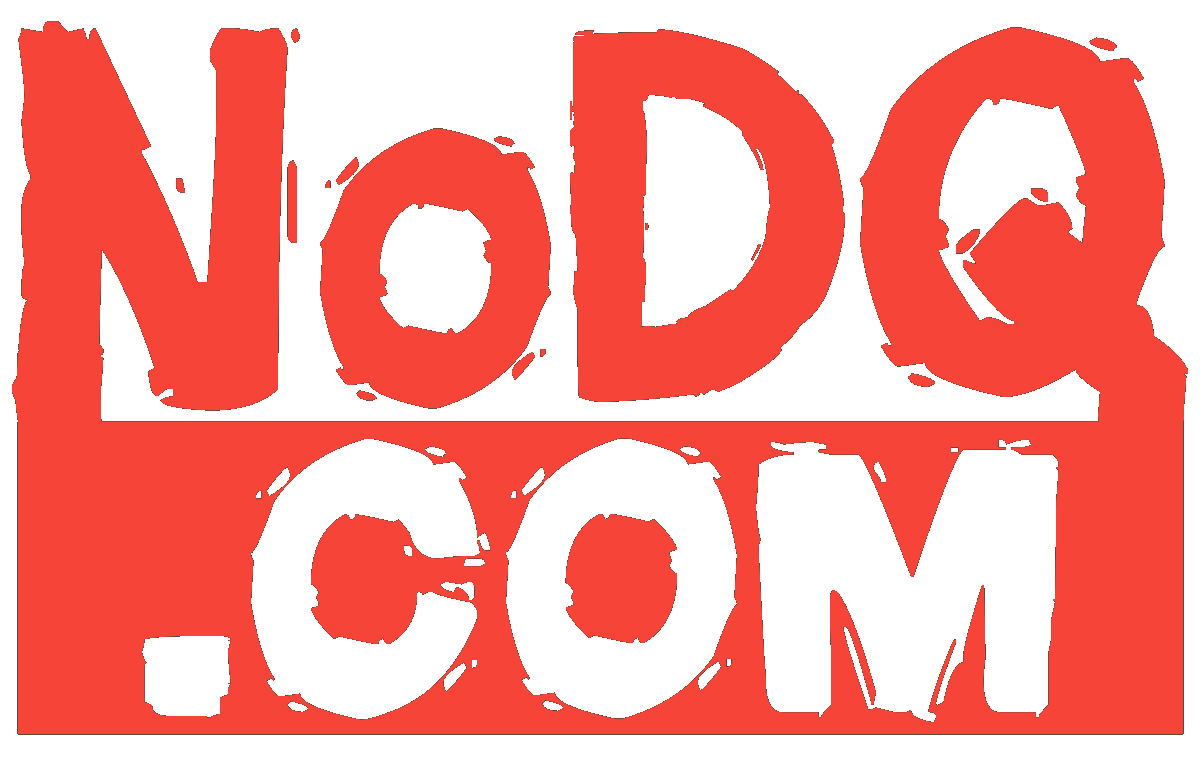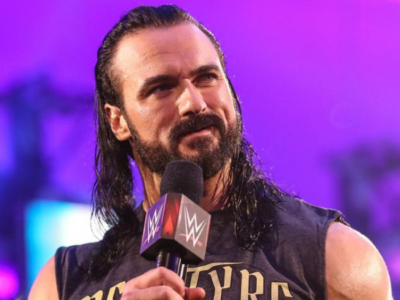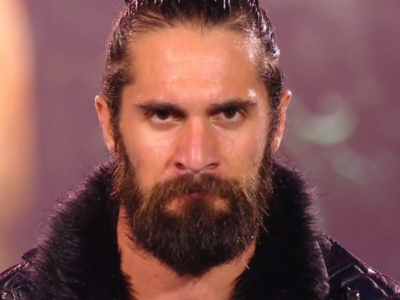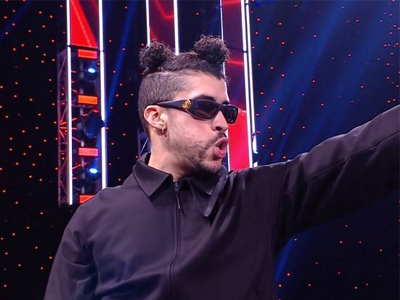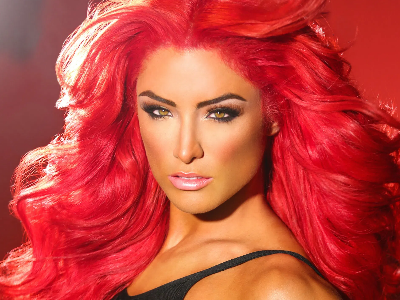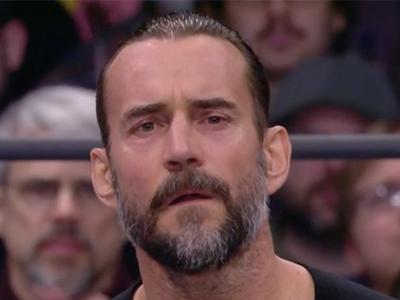Why Do Some Fans Laugh at Wrestlers’ Injuries?

To the best of my knowledge, between AEW and WWE, there are 21 talents currently nursing injuries (likely more unreported). Professional wrestling is a dangerous sport, and injuries can spring up at literally anytime; even in the most inconvenient of times (see: C.M. Punk).
But a growing trend I’ve seen over the years is quite a sick one: Fans who laugh at these injuries. I believe that the “laugh” Facebook emoji does more harm than good in its overall use. Whether it’s C.M. Punk or Cody Rhodes, social media is full of ‘fans’ who will actually make light of another wrestler’s injury. I see this more than you would think on Twitter and Facebook.
What is wrong with these people?
Yes, we could ignore them. In my experience, the silent, humble fans tend to be the ones who give the most support in greater numbers. Even an article a few weeks back in support of Sasha and Naomi garnered over 2,000 likes on Twitter, and hundreds on Facebook; a number much larger than the actual negative comments.
But these are bullies; and they exist in both fandoms. We need to call them out when such disgusting behavior as making fun of a wrestler’s injury occurs. Ignoring the problem doesn’t make it better, as these are often the most obnoxious and loudest voices in the room. Do you know an account that makes light of a wrestler’s injury?
Tag em’. Lead them to this article and show them the receipts.
But moving on…
Schadenfreude
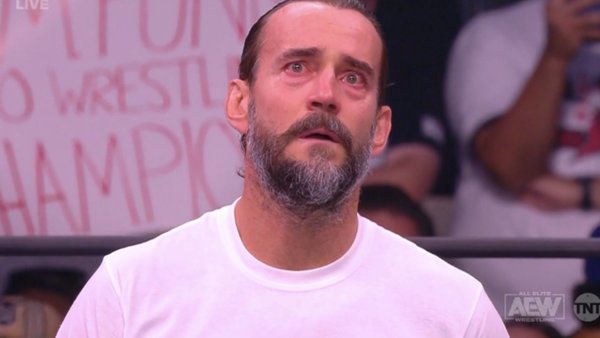
“I think people just go on to Twitter just to be heard in a negative way. They just want to say something nasty and hateful and mean, so they will go on to Twitter for literally no [other] reason and they just say it and make sure they tag you in it, too. We’ve had people in the industry kill themselves over cyberbullying, and you’d think that that would be enough for people to wake up.” – Britt Baker
There are lots of reasons why some wrestling fans are just terrible towards talent. Most psychologists have narrowed this type of behavior down to those who enjoy sadism, or simply need to demean others to help prop up their own self-worth. In other cases, its fans who take tribalism to an unhealthy extreme.
However, another word for such toxicity is Schadenfreude. The definition per Oxford Dictionary:
“pleasure derived by someone from another person’s misfortune.”
And you can use this beyond injuries as well. Whether it’s low ticket sales, dipping TV ratings (both companies experience fluctuations in ratings), or a botch here and there, toxic fans will use this to abuse talents in both major promotions. This even extends to bashing talents for their personal life choices, such as Nyla Rose.
And this isn’t like Botchamania, which is a long-running series that pokes fun at wresting botches in a way that doesn’t disrespect the talent or industry.
When professional wrestlers put their bodies on the line night in and night out, there should be no Schadenfreude from fans. Period.
But as a fan, perhaps you want to say something. Anything. Human beings have a natural instinct to express and be heard. So how can you do this thoughtfully…?
If You Must Critique…
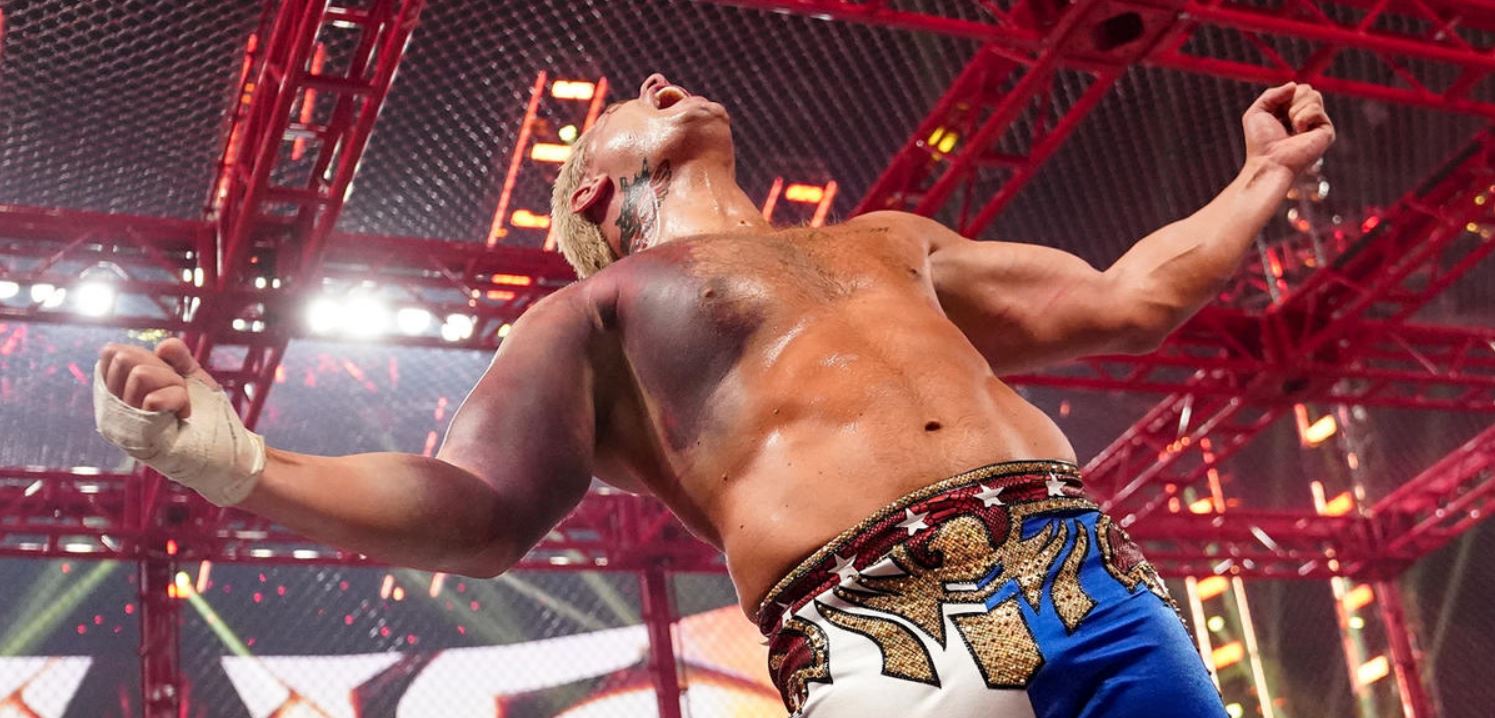
In short, constructive criticism facilitates positive outcomes. A lot of wrestling fans who think they’re being constructive are actually being destructive.
“wHaT, i CaN’T hAvE aN oPiniON?”
Sure. But as Plato once said: “Opinion is the medium between knowledge and ignorance.”
In other words, knowledge is powerful, but emotion can lead to ignorant, and often untrue evaluations. When you lead with emotion first, you often disregard a larger context. Let’s look at an example:
Since I’ve used Britt Baker in a quote in this article, let’s use her match with Toni Storm in the Owen Hart Tournament semifinals. During the match, there were a few botches/missed spots.
The emotional and uneducated response:
“Britt Baker is trash in the ring! She shouldn’t have won!”
The constructive criticism response:
“I bet Toni and Britt need more in-ring time together, as their timing seemed off at parts of the match. These are both good wrestlers that have put on great matches in the past. I hope their next matchup is better.”
What response is going to get a better result and make you look like less of a douche?
Let’s go WWE Raw for the next example:
The Judgement Day turned on Edge after just a few short months, even though they won their match at Heck in a Cell. At the forefront, the move didn’t seem to make much sense.
The emotional and uneducated response:
“Who is booking this crap, Vince Russo!? Can’t McMahon keep a group together for longer than 2 months?! This is awful!”
The constructive criticism response:
“This doesn’t make a lick of sense story-wise, but perhaps more will be revealed in coming weeks. If anything, at least McMahon swerved the fans and created an interesting moment. My guess is Edge is the top babyface replacement for an injured Rhodes.”
–
Is this that hard to do? No, it’s not. If only trolling Twitter accounts, and miserable fans alike would follow suit. Try being nicer for a change — it’s really not difficult.
Going Home

Does this picture of Nyla Rose trigger you? You might be part of the problem.
What’s missing from today’s fanbase is a level of empathy for other talents; be it in or out of their favorite promotions. When we lack empathy for others, we fail to understand the context in what microcosm they are operating in.
Wrestlers are human beings, and they should be treated as such — not as instruments for wresting trolls to hate on. Even if their numbers are small, their words are hurtful, and wrestlers do see what terrible things are written about them.
In a healthy fanbase, there’s simply no room for this. But unfortunately, the collective fan base isn’t as healthy as it could be. Inevitably, the weaker fans will laugh at this article, but those who want to see a healthier banter regarding their favorite sport will share this article; and they will “get it”.
Ask any professional wrestler the following:
Do they want an empathetic fanbase who can offer support and constructive criticism where needed; or a fanbase who insults, trolls, and is generally ignorant to the business?
It’s not a hard question. Do better, and be better.
-OWC
